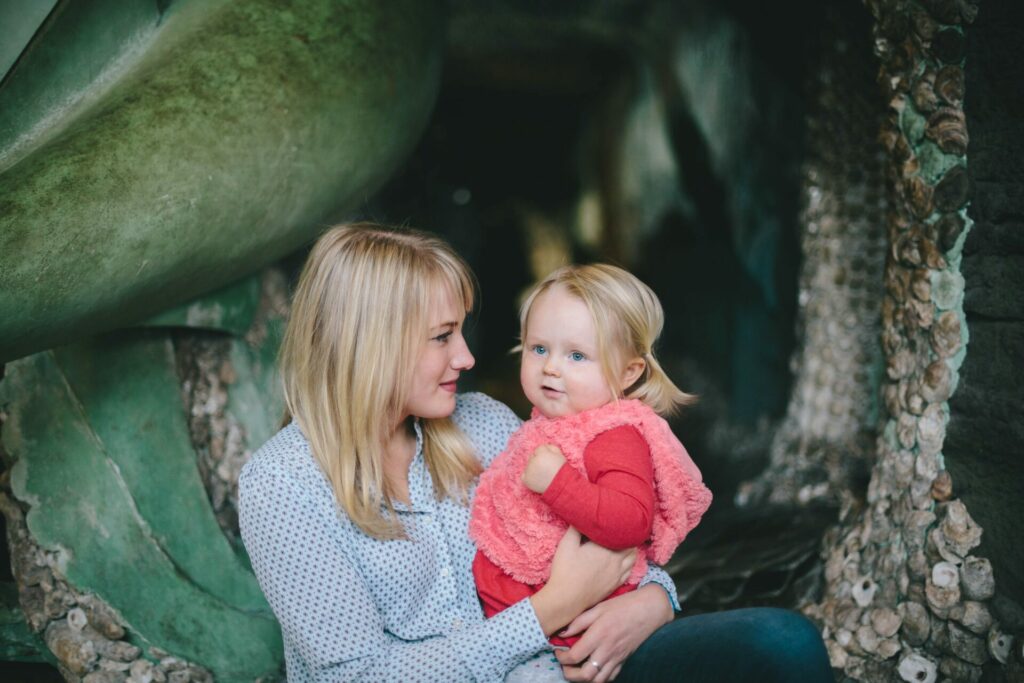Parental leave isn't equally divided in most countries, and that also includes Belgium. Mothers here can take 12 weeks of maternity leave, while fathers can currently take only 3 weeks.
An unequal parental leave system between fathers and mothers has a devastating financial impact on mothers, reports Le Soir, as mothers earn 43% less income over the long term. On top of that, mothers shoulder the majority of household chores and childcare, which makes them seek part-time work or opt for parental leave.
UNICEF ranked Belgium 13 out of 30 European countries surveyed for its parental leave system in 2019.
Targeting inequality
The League of Families, an association that works to support parents, wants to target this inequality. It underlines how the federal government had an agreement to simplify and optimise parental leave systems to create a more balanced distribution between men and women.
Belgium marks Mother's Day on Sunday, 8 May, a significant day for the League of Families. "On Mother's Day, we have to talk about mothers," said Christophe Cocu, the general manager of the association.
"The idea is not to give them a gift, but to recognise that they are in a situation that is more complicated than that of dads in terms of balancing work and family life." He stresses that part of the solution has to be done at a legal level in order to repair persistent injustices and give women better means to live during their motherhood.
Women often resort to family leave because they have the lowest income in the couple, which makes it possible to limit financial loss for the household if they interrupt their work. The League of Families calls for the payment of parental leave to be up to 100% of salaries so that parents can work less or stop working, without putting themselves in financial difficulty.
Related News
- Number of Belgians taking parental leave rises, still mostly women
- Job market discrimination: Mothers continue to face prejudice
Paternity leave will increase to four weeks from 1 January 2023, yet there is still a large gap from maternity leave. The Family League calls for fifteen weeks of parental leave divided equally between mothers and fathers, so they can share childcare responsibilities and household duties.
They recommend compulsory paternity leave, so new dads don't have to fear negative consequences professionally.
Across Europe
Sweden, Norway and Iceland boast of the most supportive policies for young families in Europe, according to the UNICEF report.
Eastern European countries offered mothers the longest duration of maternity leave, giving mothers in Estonia 85 weeks, 72 weeks in Hungary and 65 weeks in Bulgaria.
Creating a more equal division of paternity leave ensures better equality between mean and women, but allows fathers to bond with children during a crucial period of their development.

